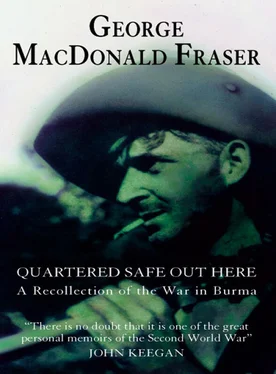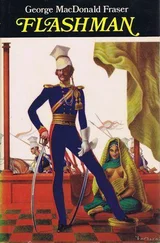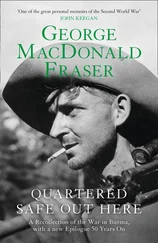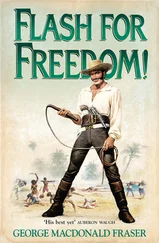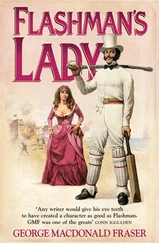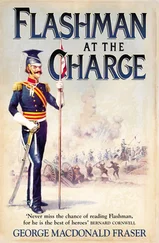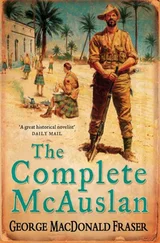That is my reason for writing not a history, for that has been done better than I could do it, or even a coherent detailed narrative, for I haven’t got that kind of memory, but simply what I know and remember of the Burma war.
Looking back over sixty-odd years, life is like a piece of string with knots in it, the knots being those moments that live in the mind forever, and the intervals being hazy, half-recalled times when I have a fair idea of what was happening, in a general way, but cannot be sure of dates or places or even the exact order in which events took place. I suspect it is the same with most folk, although I am often astonished (and suspicious, being an old newspaperman) at the orderliness with which some can trace a continuous thread of recollection. In my case, there are coloured strips of film at each knot of memory, and in between many rather grainy sequences which can be made out only with difficulty, and in some cases the print is spoiled or even undeveloped.
To give an example: I have the most vivid recollection of my first encounter with an angry Japanese, and the immediately preceding and succeeding events – but I have only the vaguest idea of where and when that momentous encounter took place. I do not know what day General Slim visited us when we were holding Meiktila, or whether the lake shore on which he stood was the northern or southern one, but I see him clear, with that robber-baron face under the Gurkha hat, and his carbine slung, looking like a rather scruffy private with a general’s tabs – which of course is what he was. I don’t know from which point of the compass we attacked Pyawbwe, because it didn’t matter to me, but I know what happened there. I could not come within weeks of naming the day when our canoe foundered in a tributary of the Sittang, which was also the day we picked up the section’s first Jap prisoner, and Forster stole his watch. I don’t even know where I was on VJ Day – and if it seems remarkable that I am unaware of these things, I must emphasise that at private soldier level you frequently have no idea where you are, or precisely how you got there, let alone why.
Had I been an officer my memories would be very different. I discovered this a year or two later, as a subaltern in a Highland regiment in the Middle East: the whole chronology of that time is clear and connected, possibly because an officer’s concerns cannot be the selfish ones of a private soldier, who need not look beyond himself and his mates; an officer, even a subaltern, must at least know where he is and have a broader picture of what is happening. Well, more or less.
Certain matters have become clearer to me in the course of writing, because I have had recourse to written histories of the war. I had a rough idea, when we attacked the place I call the temple wood, and ran into rifle and machine gun fire which took out a third of the section in a matter of seconds, why we were doing it, but now I understand the overall plan of which that attack was a small part. I remember vividly the free-for-all battle when we finally got into the wood, but only now do I learn that during it we killed 136 Japanese. I understand at last the strategic implications of the monsoon’s breaking two weeks early, but my chief memory of the beginning of that monumental deluge is of a giant centipede emerging, all fifteen scaly inches of it, from the folds of a tent we were trying to erect. That was the time, the histories tell me, when thousands from the shattered Japanese divisions were trying to escape east from the Pegu Yomas across the Sittang, giving rise to the Battle of the Rangoon Road: that was Slim’s strategic problem; our tactical one was that the tent canvas was so rotten it fell apart, and we slept in the open in six inches of warmish water, with Grandarse beaming contentedly up at the downpour, remarking: “Aye, grand growin’ weather.”
A strange trait of the human memory – of mine, at any rate – is that it is no respecter of the great and important; the most utter trivia becomes as embedded in the mind as matters of life and death. It is natural enough that I should have an indelible image of Long John frowning at his bayonet which was bent almost double after he had pulled it out of a Japanese on the night when they got inside our position and all hell broke loose in the dark; or remember the sick feeling in my throat when, as the section scout, I found myself advancing alone, safety catch off and one up the spout, across a hundred yards of open ground to a silent screen of palm and thicket concealing a village where there might, or might not be, a Japanese position. There wasn’t, as it happened, but I remember every step, and the fact that I got no comfort at all from mentally reciting Browning’s “Prospice” as I walked on eggshells wishing to God I’d passed Lower Latin and got into university in 1943. But why should I remember just as plainly that a cigarette smoked during an ambush on the Sittang was a brand called Panama, or hear so clearly Bing Crosby singing “The Wedding Song of Reynaldo” on the company set in a basha on the Rangoon road, or be able to see the jungle sore on the wrist of a comrade as he rummaged in his housewife for a needle when I can’t even recall his face, or have near total recollection of Madame Dubarry’s name cropping up in the section’s conversation, and her imagined charms being compared (unfavourably) to those of Susanna Foster, the film star?
I mention these things to explain, not to excuse, the random nature of what follows – a young soldier’s recollections of one small part (and mine was a very small part, for my service did not compare in length or hardship to my comrades’) of one campaign in a war that is already fading into the shadows. Many officers have written about Burma, but not many private soldiers, I think; that is one reason for doing it. Another is to make some kind of memorial to Nixon and Grandarse and Hutton and Long John and Parker and Forster and Tich and Gale and the Duke, and all the rest of those matchless men whose grimy brown faces I can see, and whose Northern voices I can hear, as though it were yesterday, and not half a century on. I suppose they’d look ordinary enough to the world, but they still seem matchless to me, and I want to set down, before night, how they went to war, how they spoke and thought, how they were armed and dressed, how they fought and lived and died, and how they beat the living daylights out of Jap.
I have not used their real names (except for one officer’s nickname) because while some of the conversation quoted is word for word, most of it obviously is not, although it is entirely faithful in gist, subject and style. Also, some details might cause distress to relatives or friends of those who died; for this reason I have shifted one incident out of chronological order. The rest is as I remember it, and if I have erred in matters which were beyond my ken, and of which I have had to write at second hand, or my memory has played me false in details like, say, aircraft markings, weapon calibres, or location descriptions, I apologise. I have checked as best I can, and must record my thanks to Lieutenant-Colonel John Petty, M.B.E., M.C., formerly officer commanding B Company, 9th Battalion The Border Regiment, 17th Indian Division, for reading the manuscript and correcting me on a number of factual details.
There is a third reason for writing: to illustrate, if I can, the difference between “then” and “now”, and to assure a later generation that much modern wisdom, applied in retrospect to the Second World War, is not to be trusted. Attitudes to war and fighting have, as I said earlier, changed considerably, and what is thought now, and held to be universal truth, was not thought then, or true of that time. Myth, revisionist history, fashionable ideas and reactions, social change, and the cinema and television, have distorted a good deal over the past half-century. So I shall try to set it straight (or what seems straight to me, an eye-witness) in small and possibly unimportant matters of fact as well as in wider aspects.
Читать дальше
